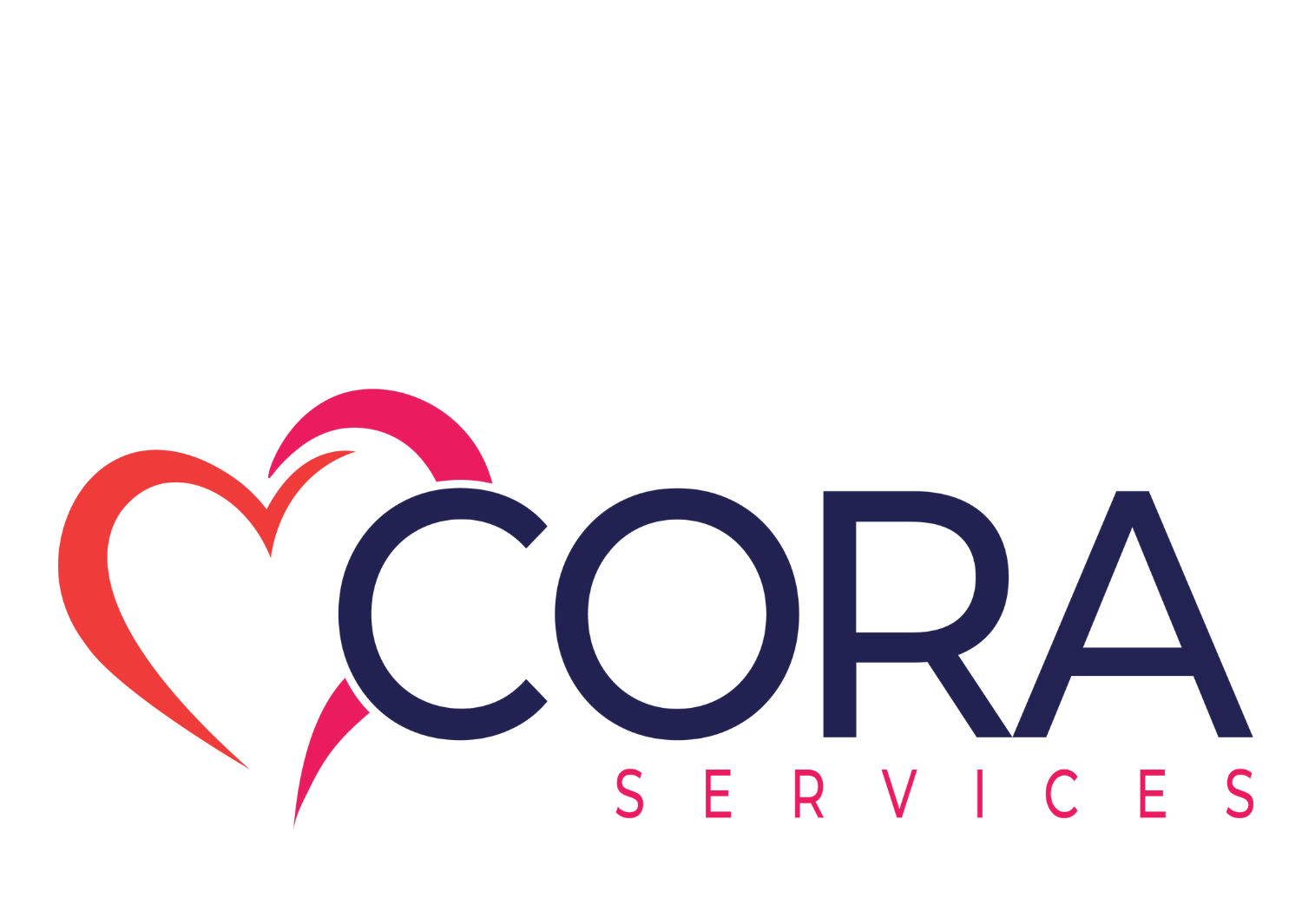Approximately one in five high school girls has been physically abused by a dating partner. Nearly 80% of girls who have been victims of physical abuse in their dating relationships continue to date their abusers. Teen dating violence statistics are on the rise at a startling rate. Technology has drastically changed the way students find and interact with love interests. In 2013, the Urban Institute Justice Policy Center released a study stating that 26% of teens in a romantic relationship
said their partners had digitally abused them during the previous year, using social media, email and/or text messages.
In addition to providing resources for teen and young adult pregnancy and parenting, CORA’s Lifeline program offers an evidence-based program aimed at preventing teen dating violence. This service is free of charge and can be tailored for youth as young as middle school, as well as adjusted to meet the needs of a variety of different audiences. Roxanne Green, MPH, uses a curriculum designed to help youth understand the difference between healthy and unhealthy relationships. Roxanne facilitates a weekly workshop to educate teens and school administrators about the warning signs of abuse and ways to avoid abusive situations.
School administrators can play a major part in increasing student awareness of the issue of teen dating violence. Concrete ways to deter bad dating behavior include setting school policies about reporting dating abuse and proactively enforcing restraining orders on school grounds. Teachers and other school administrators have a duty to help students be aware of dating abuse prevention resources at school or in the community. Schools can offer school events that promote group activities rather than individual dating (such as community service projects and class socials).
Physical Abuse vs. Emotional Abuse
Physical abuse in relationships may be easier to spot than emotional abuse. Physical abuse includes hitting, damaging personal property and keeping a dating partner from leaving. Often, emotional abuse can be confused with behaviors of care and concern. Emotional abuse includes jealous behavior, telling
lies, isolating a dating partner, criticizing opinions, and displaying inappropriate anger.
Not all difficult and painful experiences in a romantic relationships constitute abuse. Misunderstandings and thoughtlessness can be resolved by both partners openly expressing their feelings. One in three young people will find themselves in an abusive or unhealthy relationship, according to loveisrespect.org. View a full list of signs of an unhealthy relationship here. Adolescents can be easily confused regarding the clear signs of an unhealthy relationship. Harmful behaviors in intimate relationships are abusive when they are used to manipulate, to gain control, or to make the other partner feed badly about him/herself.
Abusive relationships can be very complex. People stay in abusive relationships for several reasons that may not make sense to those outside the relationship. People may stay because they believe they are in love, they may feel responsible for the abuse, they want to help the person, and/or they feel things will get better. Some people may not even realize they are in an abusive situation. Students in abusive relationships may have additional barriers such as embarrassment, fear of losing independence from their parents, or fear of getting in trouble with their parents. Teen girls who are abused are 6-times more likely to become pregnant or contract a sexually transmitted infection. Roxanne Green advises teens to support each other when someone has confided in them.
“Being a good friend requires you to listen, not gossip about the situation,” says Roxanne. “Teens should feel safe telling their story and need to know that someone believes them. A true friend will reassure them, help them make their own decisions, and help them create a safety plan.”
Roxanne encourages students to use the community resources available to them. Some of these local resources include:
Philadelphia Domestic Violence Hotline: 1-866-SAFE-014
National Teen Dating Abuse Helpline: 1-866-331-9474
National Domestic Violence Hotline: 1-800-799-7233
http://www.thehotline.org/ 1-800-799-7233, 1-800-787-3224 (TTY), En Español
For Counseling:
CORA Services, Inc.: 215-342-7660
Congreso de Latinos Unidos: 215-763-8870 x1317
Lutheran Settlement House: 215-426-8610 x236
Women In Transition: LifeLine: 215-751-1111
The Attic Youth Center: 215-545-4331
Emergency Housing for Youth:
Women Against Abuse Emergency Shelter: 1-866-SAFE-014
Youth Emergency Shelter: 215-787-0633
Runaway Youth Program: 1-800-371-7233
